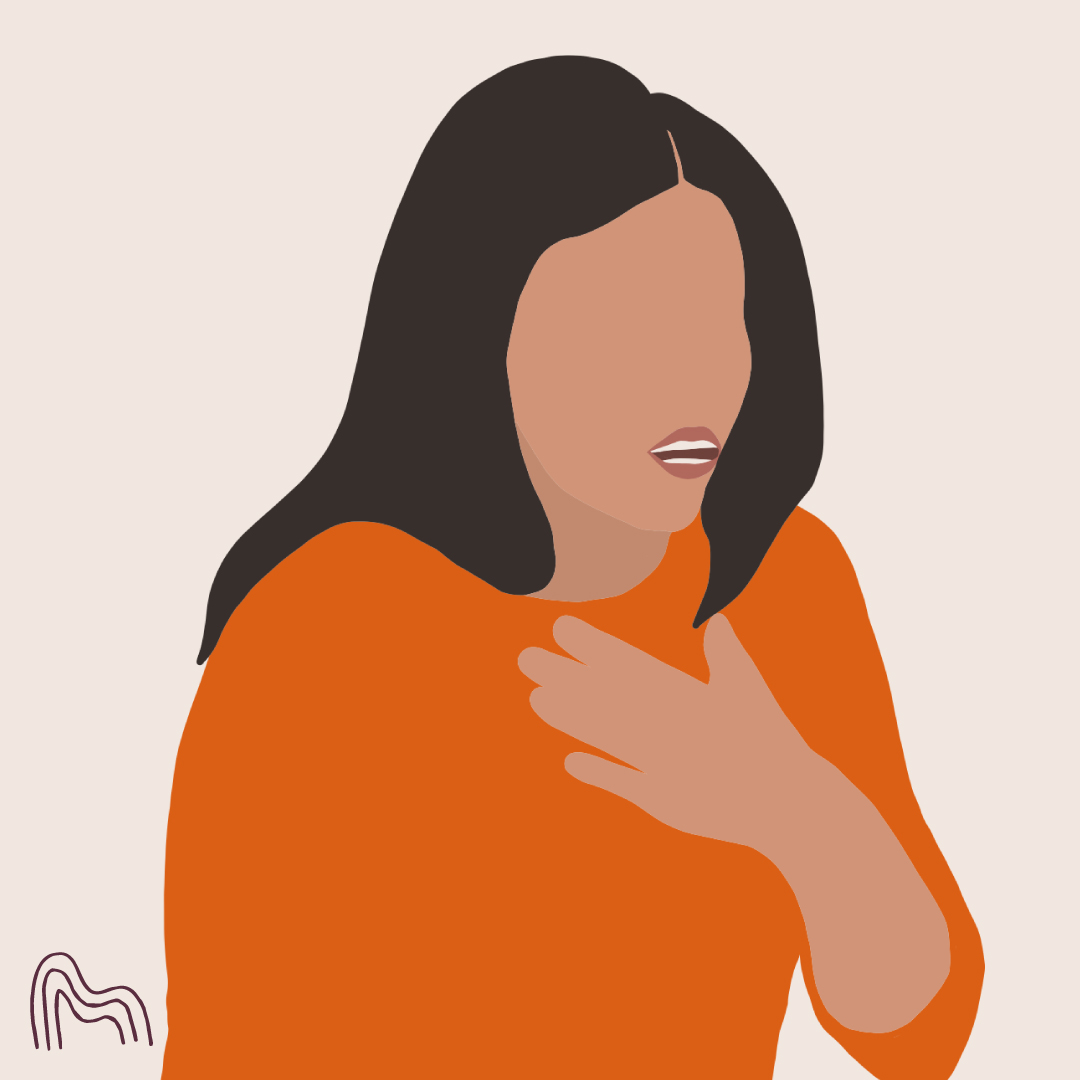
During perimenopause, fluctuating hormones can contribute to increased anxiety and depression. There are a range of treatment options available to help manage anxiety related to menopause transition, including drugs/pharmaceuticals (e.g., Hormone Replacement Therapy – HRT) and natural and lifestyle changes (e.g., regular exercise, psychotherapy and Cognitive Behavior Therapy – CBT).
According to the North American Menopause Society: “Physical and psychological changes as well as other midlife stressors can result in increased anxiety. Feelings of anticipation, dread, or fear are common and usually resolve without treatment. Frequent episodes of anxiety may be a warning sign of panic disorder. “Panic attack” symptoms include shortness of breath, chest pain, dizziness, heart palpitations, or feelings of “going crazy” or feeling out of control. Sometimes the unsettling feelings that precede a hot flash can mimic or trigger such an attack.”